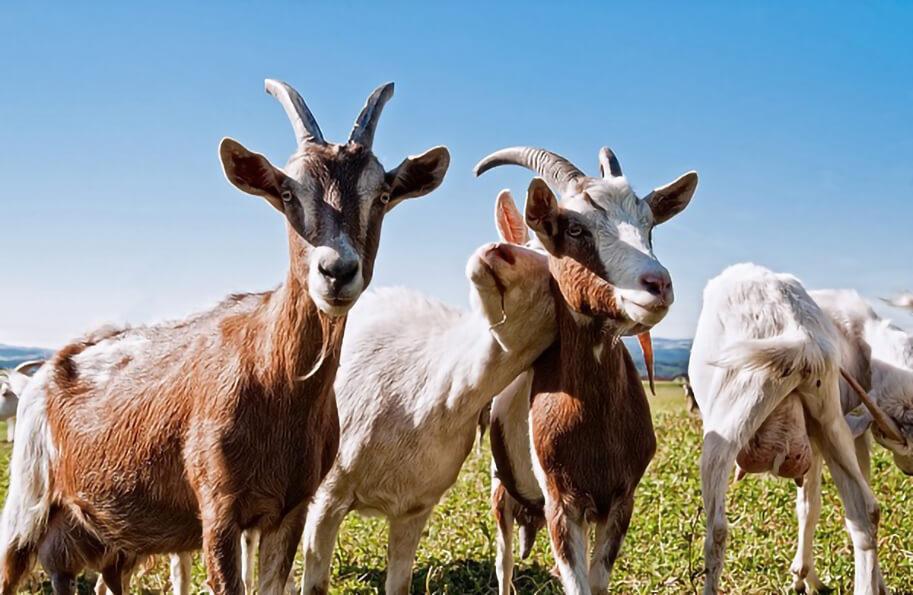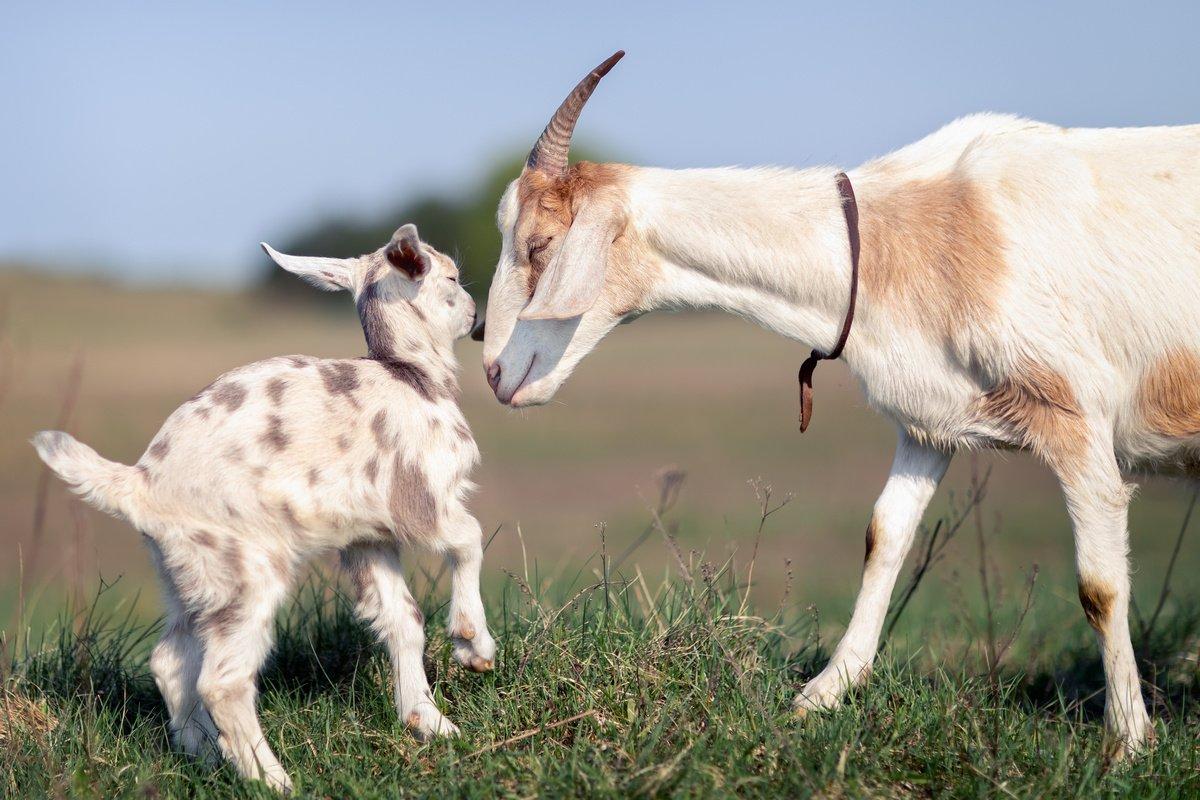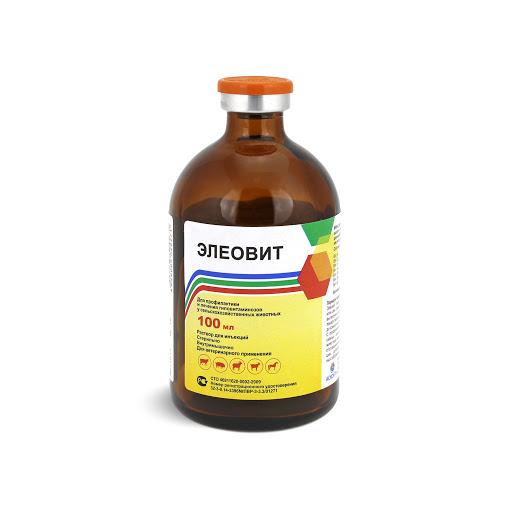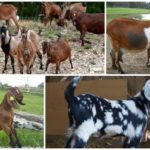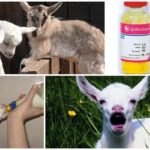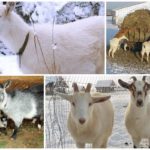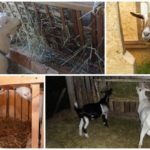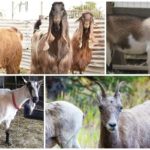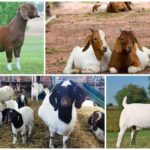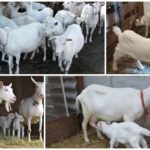Goats are unpretentious animals and rarely get sick. The health of goats depends on many factors, including nutrition. Substances entering the body of animals from food affect the general condition, development, productivity, and ability to produce healthy offspring. The importance of vitamins for goats is enormous. They are found in regular foods fed to these animals, but can also be given as an additional supplement.
Necessity of vitamins for domestic goats
In summer, the diet of goats is more complete than in winter, because they eat fresh grass, tree branches, vegetables, fruits, and root vegetables.In the cold season, they mainly receive hay, which does not contain as many vitamins as, indeed, other products that are fed to domestic animals at this time. During the stall period, goats do not move enough, do not receive enough solar radiation, because of this their health deteriorates and their immunity decreases.
Goats of any age need vitamins, both young and adult animals, but pregnant and lactating females especially need them. Substances are spent on the development of the fetus, on the production of milk, and also on maintaining the vital functions of the mother.
Some vitamins are synthesized in the body of the animals themselves, while others must be constantly supplied with food. The same substances are important for goats as for humans. These are B vitamins, ascorbic acid, tocopherols, calciferol, retinol and others. They are needed for the normal course of all physiological processes, growth and development of the animal.
Sources of vitamins
The main part of the vitamin substances enters the goat’s body from food, which is why it is important to choose a complete diet for them. They should receive green grass or good hay, fresh or dried branches, succulent food, root vegetables, legumes, whole and sprouted grains, and fish oil. But if animals begin to experience a lack of vitamins, they need to be introduced into the diet additionally: in the form of feed additives or injections.
It is very convenient to use vitamin or vitamin-mineral complexes specially designed for feeding small livestock. Powder in certain quantities is added to mash and fed to animals. In most cases, this is enough so that they do not lack these vital substances.
How to determine the lack of nutrients
It is possible to determine that an animal needs any vitamin by external signs. A lack of vitamins belonging to group B is manifested by loss of appetite and weight loss due to metabolic disorders, increased excitability, spasms, and ataxia.
Vitamin D is necessary to strengthen bones; its deficiency leads to fragility and brittleness of bone tissue, and animals can often be injured. Tocopherol is important for the reproductive system; if it is deficient, goats may not come into heat and experience difficulties with fertilization, bearing kids, and milk secretion.
Lack of vitamin A in goats is manifested by deterioration of the coat, dry skin, dermatitis, lacrimation, photophobia, and sometimes convulsions and muscle spasms. In pregnant females, abortions, stillbirths of kids, retention of the placenta may occur; in males, stones may form in the organs of the urinary system, the development of diseases of the gonads, and impaired spermogenesis. A lack of vitamin PP is expressed in decreased appetite, digestive disorders, diarrhea, bad breath due to swelling of the mucous membranes, the formation of ulcers on the skin, and anemia.
Attention! You can understand that goats lack vitamins by their behavior - they begin to chew wooden fences, coal, and firebrands.
How to give correctly
To ensure a constant supply of vitamins to the goats’ body, they can be given chalk, salt, bone meal, and fish oil.They begin to be given to kids after weaning from their mother, to females - a month before mating, from the 2nd half of pregnancy and after lambing. The amount of mixture depends on the weight of the animal and its age.
Vitamin supplements have a completely balanced composition; Eleovit, Kalfostonik, Tetravit and others can be used in the household. From them, animals receive all the vitamins and mineral elements they need in the required quantities. Doses and how long the course of use should take are indicated in the instructions for use.
What are the dangers of vitamin deficiency?
If vitamin deficiency continues for a long time, hypovitaminosis begins to develop. This condition negatively affects the animal’s body; the functioning of many organs and systems is disrupted. Kids and young goats are stunted in growth, weight gain decreases, animals develop poorly, lose appetite, and their coat becomes dull.
Hypovitaminosis in adult females and males leads to disturbances in reproductive function, problems with pregnancy, gestation and birth of offspring. All this leads to the fact that the cost of keeping goats increases, and not a single livestock breeder likes this. Timely distribution of vitamin complexes will help prevent many problems.
Vitamin mixtures are stored for a long time in a dark, dry place; you can buy them in agricultural supply stores. They are packaged in packaging of different sizes, for use in households and on farms.
Vitamins for goats are produced by industry to feed animals throughout the year, but especially in the autumn-winter period, when they have the greatest need for vitamin substances.Mixtures are convenient because you don’t need to specifically select a diet taking into account the goats’ need for a particular substance or calculate how much to give. Simply adding a vitamin mixture to the feed is enough to provide the animals with everything they need.

